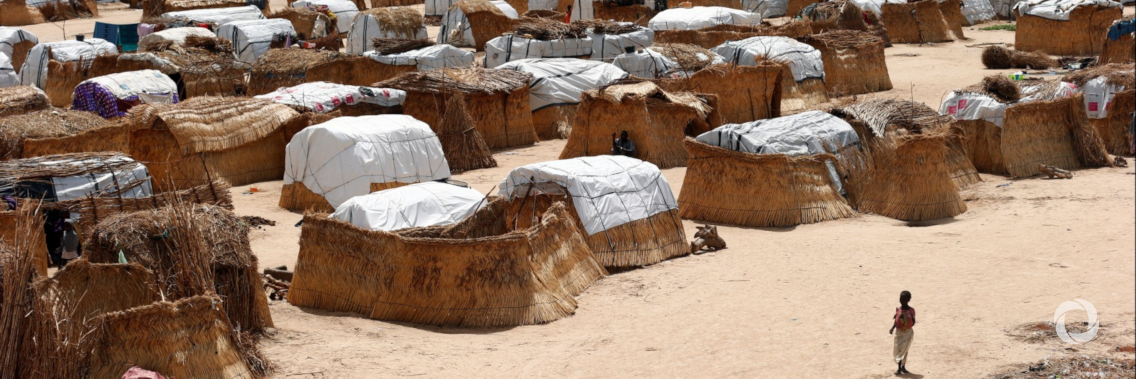Now in its tenth year, the conflict continues to uproot the lives of tens of thousands of civilians. In recent months, a new spike in violence and military counter-operations have affected civilians in the BAY states, particularly in Borno State. Since January, some 134,000 people have been forced from their homes.
“Aid agencies have significantly scaled up and reached some two million people with aid this year,” explained the Humanitarian Coordinator in Nigeria, Mr. Edward Kallon. “However, much more support is urgently needed. We are worried about the tens of thousands of people who have recently fled rising violence and are still sleeping outside in the open. With the rainy season progressing, they will face an increased risk of diseases and need immediate protection.”
In Adamawa, Borno, and Yobe, 7.1 million people – 53 percent of the population – require urgent humanitarian assistance.
“The crisis in the Lake Chad Region is far from over”, said Mr. Vincent Houver from the International Organization of Migration, one of the mission members. “The humanitarian community cannot spare any effort at this time. This week we have met with women, children, and men who have been forced to flee multiple times and urgently need protection and assistance to survive and rebuild their lives. We cannot let them down.”
During a five-day visit, emergency directors from UN aid agencies and NGOs, representing the Interagency Standing Committee (IASC), witnessed first-hand the extent of the needs in Nigeria’s north-east, as violence continues unabated and the 2019 humanitarian response plan remains over 67 percent unfunded.
Original source: UNOCHA
Published on 05 July 2019

